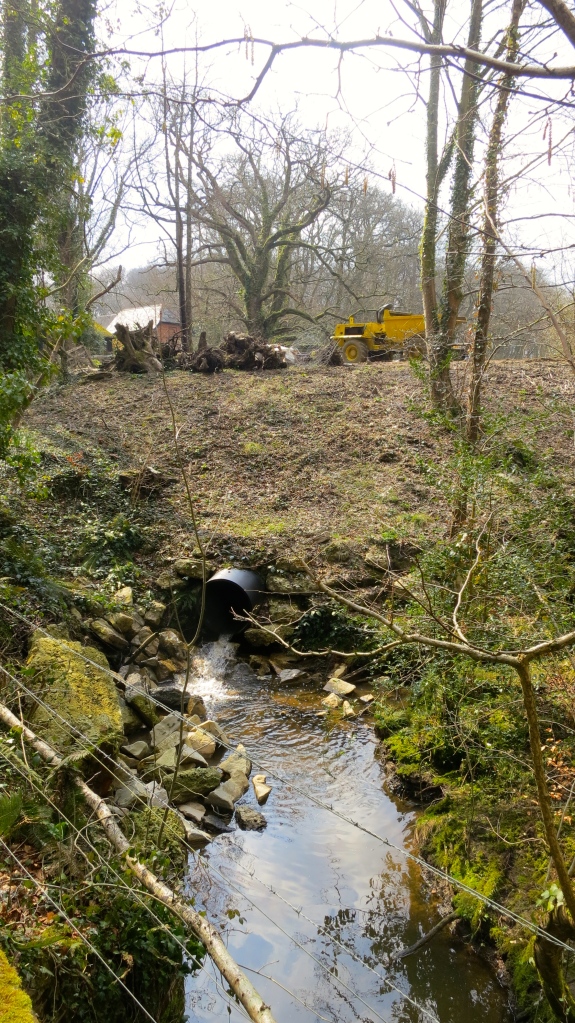It was part of my management role in Westminster Social Services Department to chair various meetings, such as those of the Area Team, Child Care Reviews, and Child Abuse Case Conferences, involving numerous other agencies.
I was also appointed by the Director of Social Services to represent the City on voluntary committees such as the Queens Park Family Service Unit (FSU) and Beauchamp Lodge Settlement.
FSU grew out of Pacifist Service Units formed in 1940, initially by conscientious objectors who wished to engage in socially useful work. By 1942 there were 14 units staffed by 82 men and women based in London and other cities across the UK. FSU formally came together in 1948 with the primary aim of helping families in difficulty in the aftermath of the war, particularly those affected by evacuation. Its concern was to promote the welfare of families and communities and the agency is identified with a specific method of working focused on ‘casework’ with individuals and families.
My Area team enjoyed a cooperative relationship with the Queens Park unit which was located on our patch in Harrow Road. The voluntary organisation’s policy was for the staff and clients to relate to each each other on a day to day basis in a normal way, in addition to the casework mentioned above. A greater understanding of each other was developed, without blurring the boundaries of their roles. I liken this to parents who have positive friendships with their children, whilst remembering that, although equal human beings, they don’t hold quite the same positions in families. Committee members mingled in a similar way on social occasions. Thus I got to know personally some clients of my own Social Workers. I am pleased to say that this, although a delicate balance, was often helpful, as long as we all realised that they were not my cases.
I was from time to time asked to join interview panels for new staff appointments. On one occasion I was surprised to discover that one silent member was the then Director’s lapdog, normally occupying her shopping basket. This had not fazed the successful applicant.
Several times I illustrated the covers of Queens Park FSU’s annual reports. Because I had handed over the original drawings I had kept copies of neither these nor the documents themselves.
One summer, in the early part of the 20th century, I found myself walking past the said FSU and popped in to see if they had a spare copy of a particular publication. I was told that the unit was moving the following week and I could help myself from a box of annual reports that were about to be binned.
I couldn’t believe my luck when I found exactly what I was looking for. This was the annual report for 1980-1981, featuring toddler Sam reaching for a daisy being handed to him by Jessica. Our son is on the back, with the two hands on the front. The drawing is taken from a black and white photograph produced late in 1980 in the Owl House Garden at Lamberhurst in Kent. The Annual Report is a bit grubby and I have left it that way.
The move had been prompted by FSU being taken over by the Family Welfare Association in 2006. Two years later this much larger organisation was rebranded and now bears the name Family Action.
Later, I thought I had lost my copy once more, and found it again in May 2014 sandwiched between two history books.


